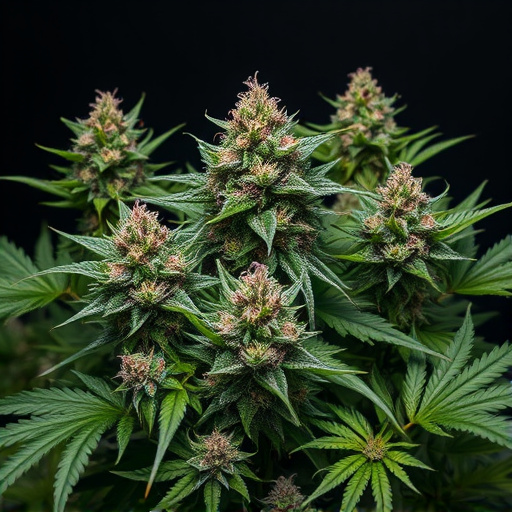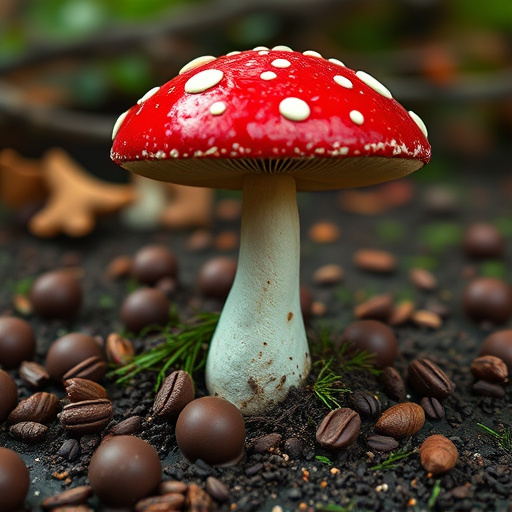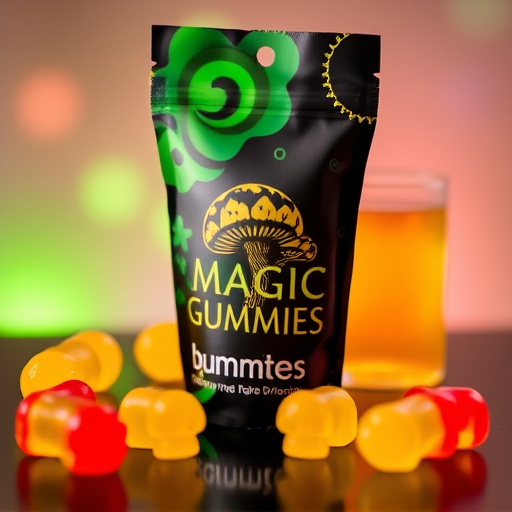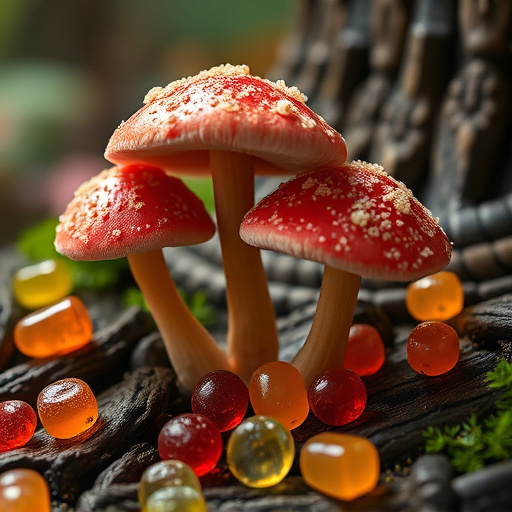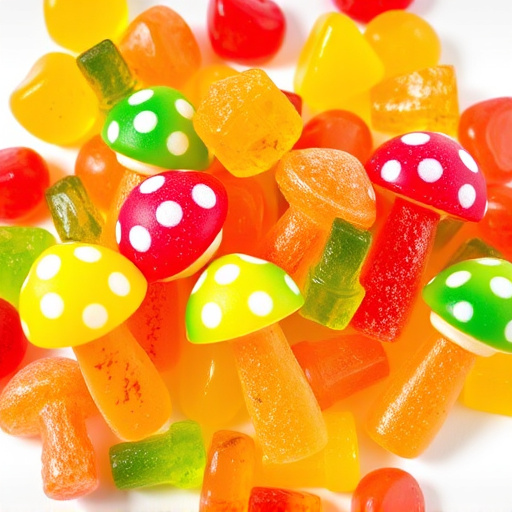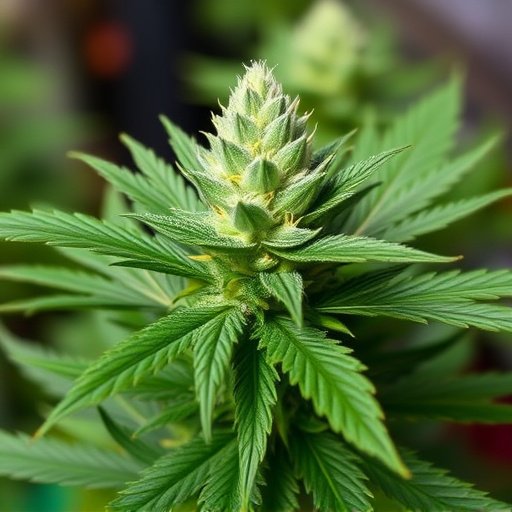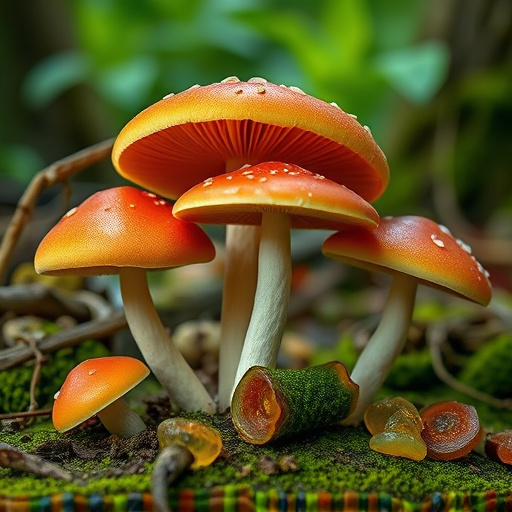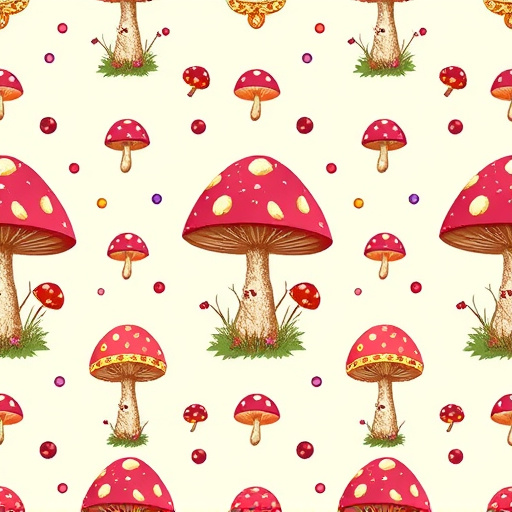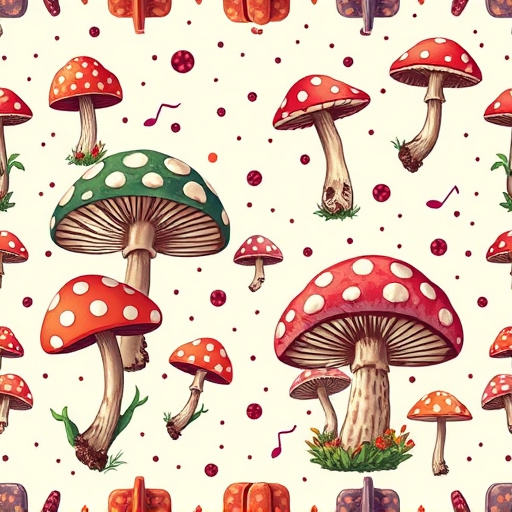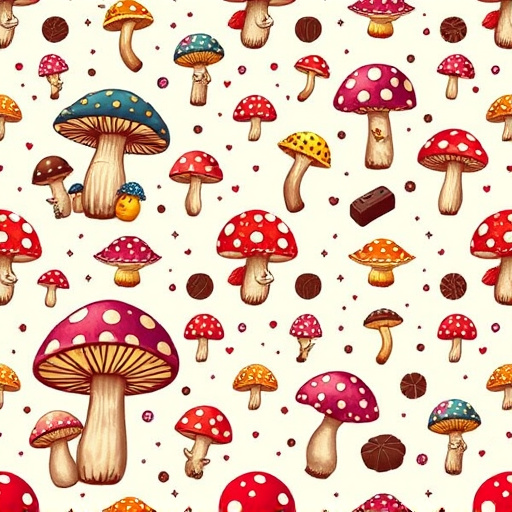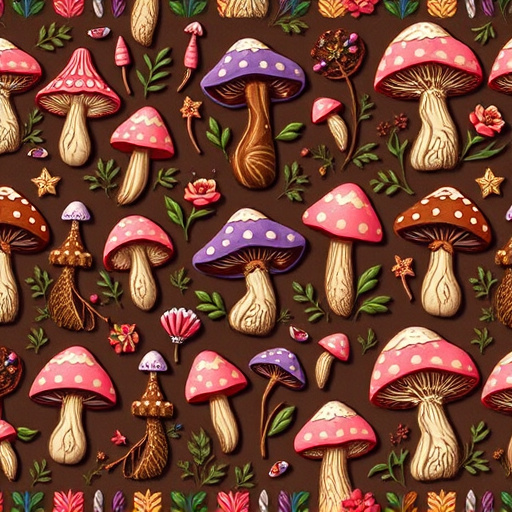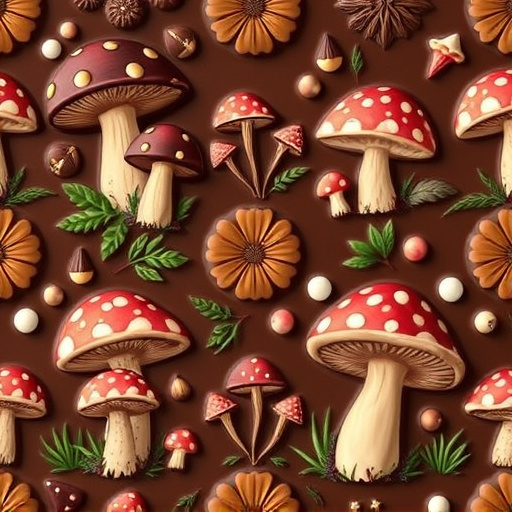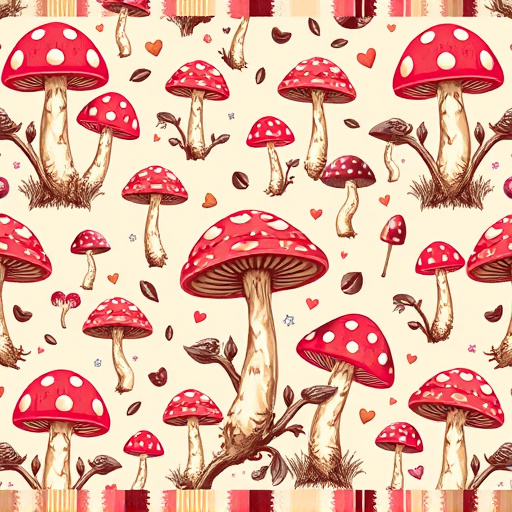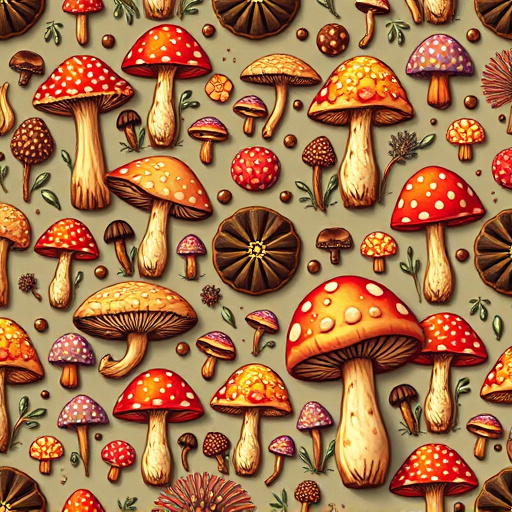Magic Mushroom Chocolates combine traditional medicinal mushrooms like Lion's Mane, Chaga, or Reishi with premium cocoa to offer both sensory delight and potential cognitive benefits. By leveraging scientific understanding of neuroplasticity – the brain's ability to form new neural connections – these chocolates aim to enhance learning, memory, and mental well-being. Infusing psilocybin, the active compound in magic mushrooms, may promote therapeutic changes and foster creativity, emotional resilience, and heightened sensory perception. However, risks include sensory sensitivity, altered perceptions, and rare adverse reactions, necessitating further study of their long-term impact on brain plasticity and mental health.
“Discover the intriguing world of Magic Mushroom Chocolates—a unique fusion of delicious treats and psychological exploration. This comprehensive guide delves into the science behind these chocolates, focusing on their connection to brain plasticity. We’ll explore how these edible delights stimulate cognitive functions and potentially offer therapeutic benefits while also discussing the essential knowledge about their effects and associated risks. Get ready to uncover the magic—and mysteries—of Magic Mushroom Chocolates and brain plasticity.”
- Understanding Magic Mushroom Chocolates: A Comprehensive Overview
- The Science Behind Brain Plasticity and Its Connection to These Delights
- Exploring the Benefits and Potential Risks of Consuming Magic Mushroom Chocolates
Understanding Magic Mushroom Chocolates: A Comprehensive Overview
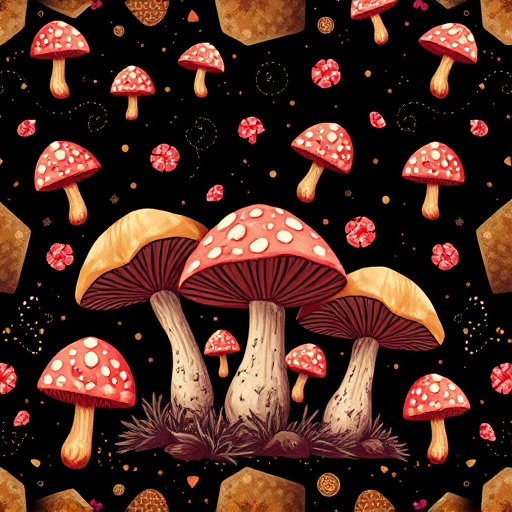
Magic Mushroom Chocolates represent a modern fusion of traditional medicinal mushrooms and indulgent chocolate treats. These chocolates are crafted with a specific blend of mushroom extracts, often derived from species like Lion’s Mane, Chaga, or Reishi, combined with premium cocoa to create a delightful sensory experience. More than just a tasty snack, these chocolates have gained attention for their potential benefits related to brain plasticity.
The concept behind Magic Mushroom Chocolates is rooted in the scientific understanding that certain mushrooms contain compounds known for their neuroprotective and nootropic properties. By incorporating these mushrooms into chocolate forms, manufacturers aim to offer an accessible way to experience the possible cognitive advantages associated with these fungi. Research suggests that stimulating brain plasticity—the brain’s ability to form new neural connections throughout life—could enhance learning, memory, and overall mental well-being.
The Science Behind Brain Plasticity and Its Connection to These Delights
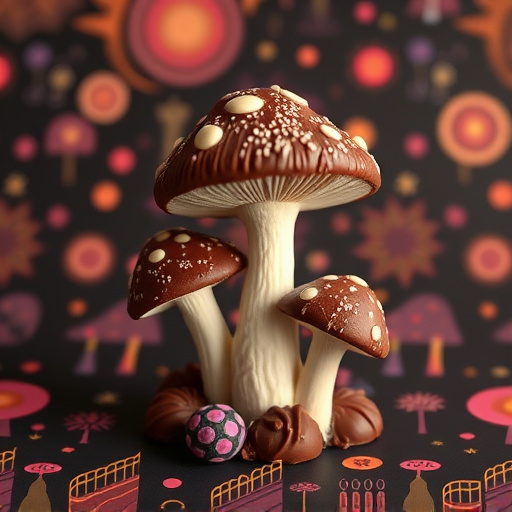
The human brain is a fascinating organ, capable of remarkable adaptations known as brain plasticity. This concept refers to the brain’s ability to reorganize itself by forming new neural connections throughout life. When it comes to magic mushroom chocolates, this scientific phenomenon plays a intriguing role in the experiences they offer.
These chocolates, infused with psilocybin, a compound found in certain mushrooms, have gained attention for their potential therapeutic effects. Psilocybin has been shown to interact with brain receptors, leading to altered states of consciousness and enhanced cognitive flexibility. Research suggests that this interaction may promote neuroplasticity, encouraging the brain to form new pathways and potentially fostering creativity, emotional resilience, and a deeper sense of well-being. By tapping into the brain’s natural plasticity, magic mushroom chocolates offer an unique approach to exploring consciousness and experiencing heightened sensory perception.
Exploring the Benefits and Potential Risks of Consuming Magic Mushroom Chocolates

Magic mushroom chocolates, a delightful fusion of psychedelics and confectionery, have gained interest for their potential to enhance mental states and promote well-being. These treats infuse Psilocybin, the active compound found in magic mushrooms, into dark chocolate or other confectionery forms. While they offer a novel approach to experiencing the benefits of psychedelic compounds, it’s crucial to explore both sides of this new trend.
On one hand, early research suggests that psilocybin can stimulate brain plasticity and promote neural connections, leading to potential therapeutic effects on mental health conditions such as depression and anxiety. When consumed in a controlled, medical setting, magic mushroom chocolates might offer a safe and accessible way to harness these benefits. However, like any substance with psychoactive properties, they also carry risks. Potential side effects include heightened sensitivity to sensory stimuli, altered perceptions, and, in rare cases, adverse reactions. The key lies in understanding that, despite the growing curiosity around magic mushroom chocolates, further research is needed to fully grasp their long-term effects on brain plasticity and overall mental health.
Magic mushroom chocolates represent a unique fusion of culinary delight and psychedelic exploration. By harnessing the power of brain plasticity, these treats offer potential cognitive benefits and new perspectives. However, it’s crucial to approach their consumption with informed awareness, balancing the promises with the unknown risks. Further research is needed to unlock the full potential of magic mushroom chocolates and their impact on human consciousness, but for now, they stand as an intriguing frontier at the intersection of science and sensory experience.
